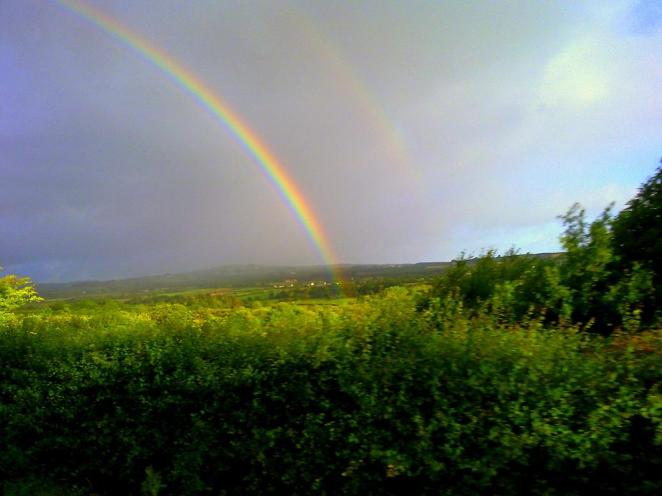Dear Someday Agent or Editor,
I don’t want to toot my own horn, but I think I’ve got something you would really like. I just don’t know who you are. I know that to get your attention I have to write a knock-out query that grabs your attention. Good writers do that.
But I’m the kind of person who upon a first meeting will trip over my two left feet, wear spinach between my teeth, and knock myself out trying to go out the in door. First impressions terrify me.
Dear Someday Agent or Editor, I don’t write because I want to get rich. My goodness. I spend everything I make from writing and much I make from my full-time job learning how to be, not a good writer, but a great writer. I wish I could make you believe in me. I’ve always been a worthy investment.
In the past, it seems as if almost everything I tried turned to gold. I didn’t understand what a rejection letter was. God has been so good.
But God knows how to temper his child. I walked into my first ACFW conference thinking I would walk out with a contract. I walked out acknowledging I had a lot to learn. But God is good like that. He didn’t humiliate me. He surrounded me with other Christian writers who shared wisdom about the craft. They weren’t arrogant or condescending. They were compassionate and encouraging. Someday, given the chance, I will do the same.
And so I joined a writers group who patiently taught me, and I entered the Genesis contest. I was a semi-finalist. The next year I finaled with a different manuscript!
But Dear Potential Agent or Editor, the bottom of my world dropped out. I lost my mom and dad. Becoming a semi-finalist just wasn’t as thrilling as I hoped it would be compared to my grief. I entered again this year, but the pain still hasn’t gone away after two years.
Dear Potential Agent or Editor, I feel as though I can’t find you. I’m like a traveler who missed the train. I’m sitting at the depot, wondering if I should board the next train or just go home.
I wish you could find me, but it doesn’t work that way. All of my writing friends have gone on with their lives, and I’m still at the station, watching the clock. To board or not to board. That is the question.
Dear Agent or Editor, I don’t want your sympathy. I just want to board that train, and I hope that when I will arrive, you will be at the station.
Please overlook the spinach and my two left feet. May it be my head that the door bops and not yours when I go in the wrong way.
Very sincerely yours,
Teresa Lockhart




